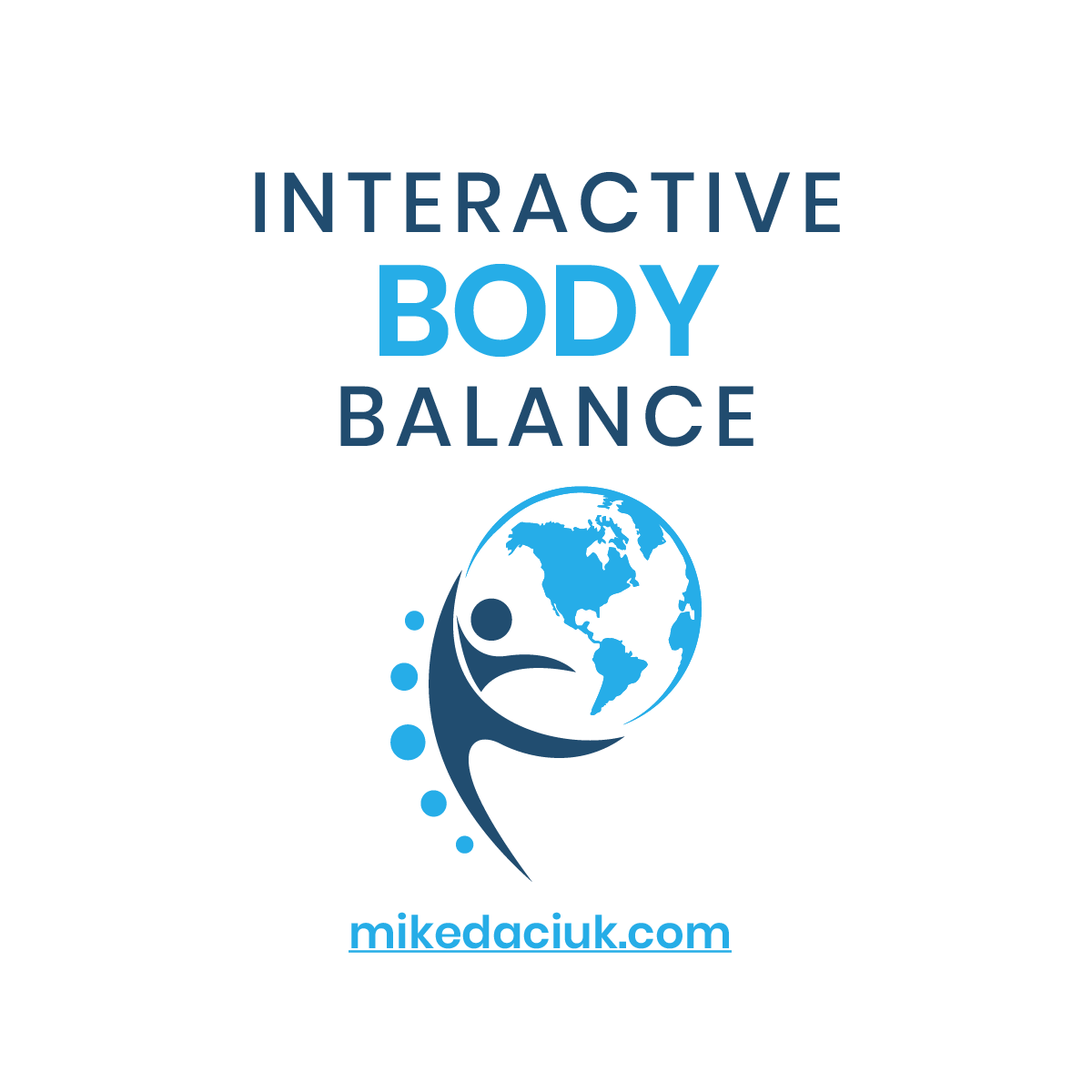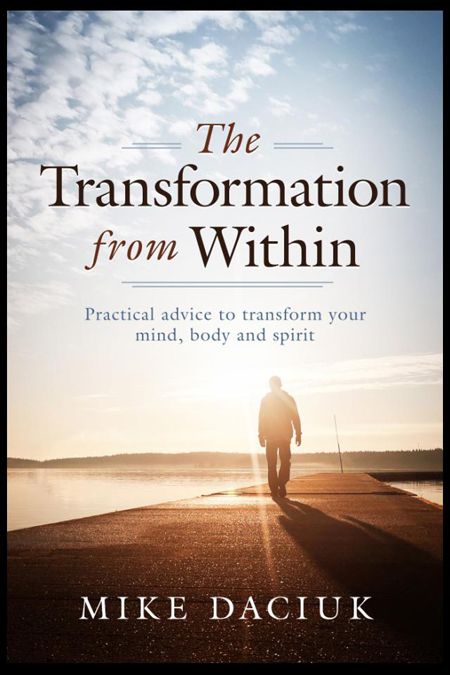I recently had the privilege of speaking to a group of people with peripheral neuropathy (PN) who gather monthly to learn about their ailment and support each other. When I walked in to the room where this meeting was held, I was struck by the wide range of folks suffering with the symptoms of this disease. You see, there are hundreds of different types of peripheral neuropathy affecting people from every walk of life. Although the incidence of peripheral neuropathy is not known, theNeurology Channel estimates that it affects at least 20 million people in the United States, and that almost 60% of all people with diabetes suffer from the condition.
Symptoms of peripheral neuropathy range from numbness, tingling and weakness to paralysis and bullet-biting pain. The causes of peripheral neuropathy are numerous and include viruses, environmental toxicity, chemotherapy, nutritional deficiencies, and—the most common cause—diabetes. Because this is such a difficult problem to treat, many people with peripheral neuropathy have turned to natural medicines for relief. Let’s discuss some of these treatment options.
First of all, if you have diabetes, please, please, please control your blood sugars! In this instance, an ounce of prevention is worth more than a pound of cure. (Take a look at part one and part two in my series on diabetes for a refresher.)
Toxicity from medications, alcohol, heavy metals, organic solvents, pesticides and herbicides play a role in many of the root causes of peripheral neuropathy. The liver, kidneys, lungs, skin, and digestive tract are all exit routes for toxins. Here are some ideas how you can support these organs and reduce the toxic burden in your body:
- Try a castor oil pack treatment. Better yet, do this daily for a month. (Next month, I’ll explain this amazing treatment in detail.)
- Take 100 deep belly-moving breaths per day.
- Drink a lot of water. The general rule is to calculate half your body’s weight and drink that many ounces of water a day. For example, a 120-lb. woman should drink 60 ounces.
- Stay active. Move your body every day, even if it’s a simple activity such as going for a walk.
- Make healthy choices. Eat a diet rich in organic food.
- Try N-Acetyl Cysteine. This supplement helps your body produce glutathione, a powerful antioxidant that helps detoxify the body.
In addition to reducing toxicity in the body, it’s essential to address other root causes of peripheral neuropathy such as inflammation, viruses, and oxidation. The following natural treatments are helpful:
- If you are diabetic or have had chemotherapy, you may also want to consider taking alpha lipoic acid. You can find this powerful antioxidant at your local health food store. Studies show that 600 mg per day can be beneficial in reducing the symptoms of PN. (Remember to always monitor your blood sugars if you are diabetic. Sometimes these natural medicines can drop your blood glucose levels.)
- CoQ10 can be effective in managing the symptoms of PN. It is also good for heart and brain.
- Omega-3 fatty acids found in cold water fish and flaxseed are “food” for the nervous system. When our nerve cells are well nourished, they are more capable of transmitting healthy nerve signals. In addition, Omega-3 fatty acids reduce inflammation in all tissues of the body.
- St. John’s wort is an herb which is good for nerve injuries, especially to the fingers and toes. It can reduce burning or shooting pain. It has also been shown to be effective for mild depression. (Do not use if you are taking antidepressant medication.) Big bonus: it is anti-viral.
- Passionflower is an herb which can be useful for restlessness, agitation, and muscle twitching, and spasms. It helps with nervousness as well. It is not appropriate for pregnant women.
- Oat seed has been beneficial for some people with numbness and weakness of their limbs. It is a mineral-rich herb and very safe.
- Nettle is a nourishing herb that is rich in minerals. It is particularly good for PN with a “stinging” sensation. Be patient. It takes a couple weeks to work. It is also anti-inflammatory and effective in reducing for hayfever and allergies.
- Ginkgo biloba is useful for PN symptoms due to poor circulation. Use caution with medications which increase bleeding like aspirin or ibuprofen. Never take ginkgo with the drug Coumadin (warfarin.)
https://www.caring.com/articles/peripheral-neuropathy-treating-it-the-natural-way



